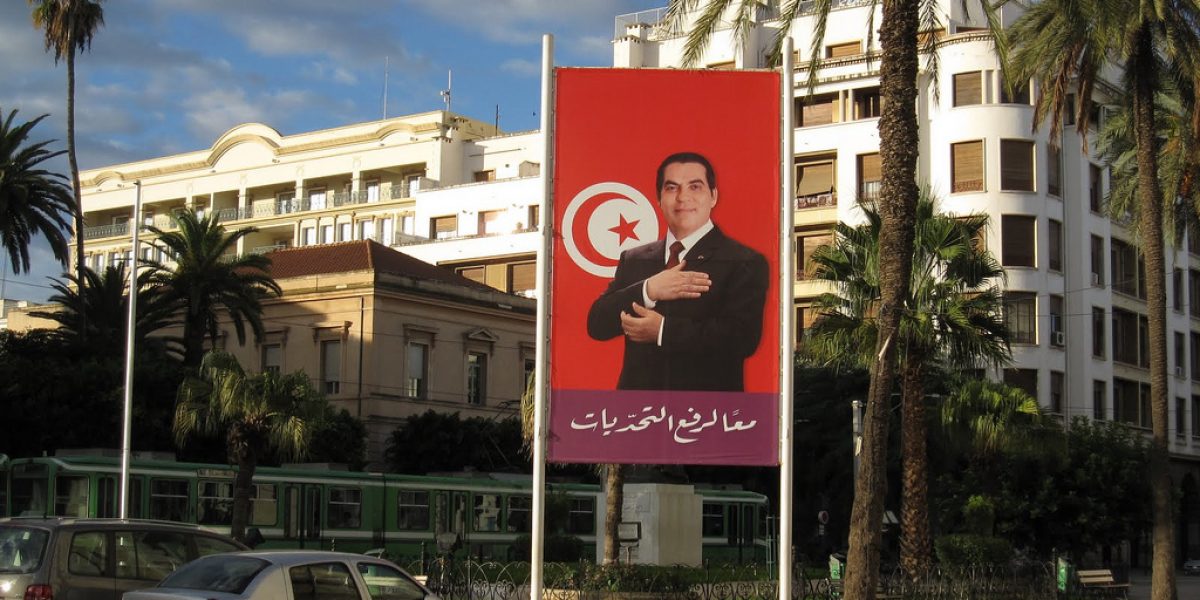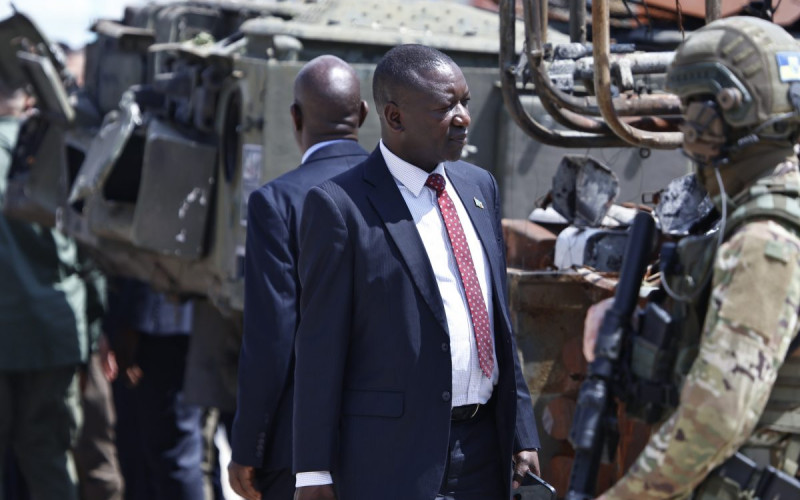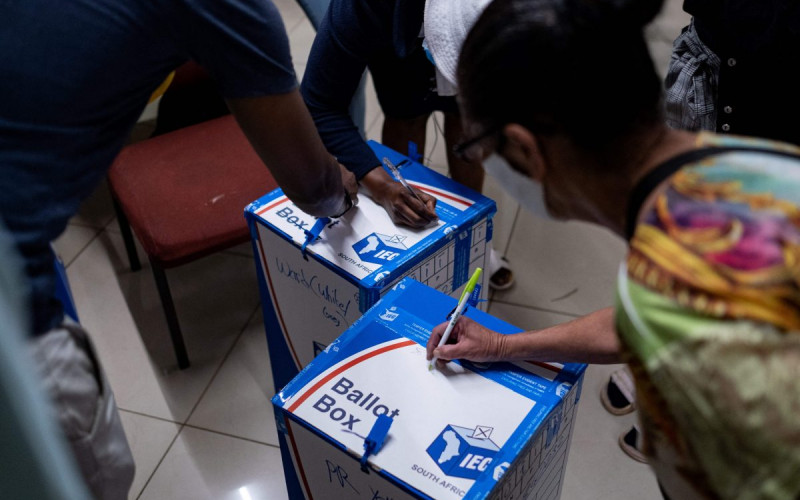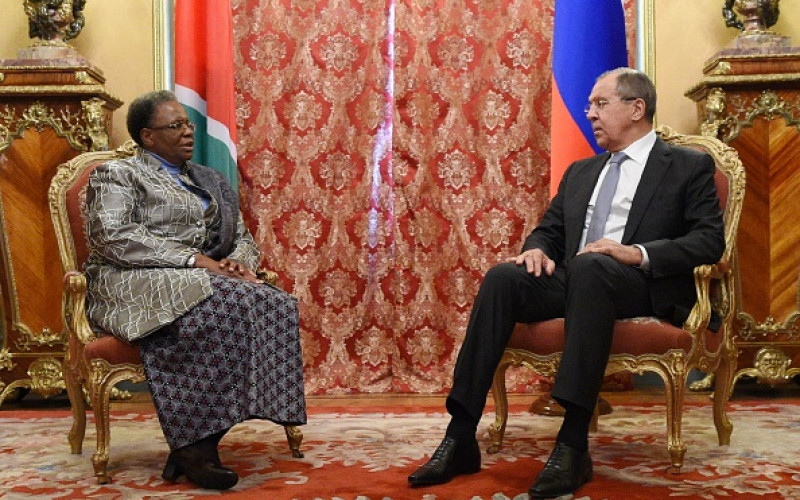It is best known to the outside world as a Mediterranean beach resort for northern Europeans among the ruins of historic Carthage.
So when two weeks ago I received a phone call from a local Muslim radio station that wanted me to comment about the violence that had broken out in Tunisia, it took me a while even to establish on the Internet what it was that I was expected to comment on.
Within less than a week from the first widely reported incident in an otherwise peaceful country, Zine el-Abidine Ben Ali, the long-standing authoritarian president of that country, had been swept from office by an extraordinary public uprising. What seemed to be a very local problem burst into world headlines as an issue with implications throughout the Arab world and perhaps beyond.
Whatever else may have been wrong with the governing style of President Ben Ali, he had provided good educational opportunities and other services for his people. What was missing though was the opportunity to put that education to its intended purpose in the form of decent paying jobs.
A young well-educated man, Muhammad Bouazizi , living in Sidi Bouzid, a small town in the interior near the border with Algeria, had committed suicide by self-immolation when the police confiscated the fruit and vegetables he was selling to try to make a living. The reason was that he had no license and the final straw was when authorities in the town ignored his pleas.
This event led to the build-up of popular resentment that changed to street protest in the capital, Tunis, and other cities. The police loyal to the president were unable to contain the growing violence and accompanying deaths, said to number between 74 and 100. The military who were more concerned with their own future than with that of a doomed president declined to intervene.
Ben Ali and his even more unpopular wife, Leila Trabelsi , fled the country and received asylum in Jeddah, Saudi Arabia. Exploiting their connections with the president, the Trabelsi family had made themselves exceedingly rich through corruption and extortion. The people took revenge on them by destroying all the property they could lay hands on.
What the future of Tunisia will be is uncertain. Will it become a functioning democracy or will it revert to authoritarianism? Only time will tell.
Tunisia was by no means the only Arab state run by an authoritarian ruler. In fact, very few are not. What happened in this small country is being observed with concern throughout the region. As commentator Hani Besada wrote in The New Age on 14 January, the future of Egypt, Arab state with the largest population, over 77 million, itself balances on a knife edge.
Like Ben Ali in Tunisia who was re-elected in 2009 after 27 years in office, the long-serving president of Egypt, Hosni Mubarak, already 83 years of age, is likely to stand for re-election later this year in what is generally expected to be a rigged election. Other states in the region are monarchies or do not bother with the nicety of manipulated elections. But they too suffer with similar problems of a large population of young people with few job prospects. They watch with concern the unfolding events in Tunisia and wonder whether their populations, using modern cell phone technology and social networking will try to orgies similar uprisings against authority, emulating their Tunisian counterparts. Already there are reports of attempts to rouse popular protest using cell phone technology in Egypt and in the poorest Arab state, Yemen, against their long-serving leaders.
The King of Jordan is also reported to have expressed an interest in the problems of his subjects.
Likewise there is interest in what has happened in Tunisia in the Central Asian states of the former Soviet Union. With one exception, Kyrgyzstan, these states continue to be ruled by autocrats who date from Soviet days, or their relatives, while their families exploit the resources of those countries as the Trabelsis did in Tunisia.
But do these problems and concerns not exist in other countries in Africa? We are told that the use of cell phone technology is growing in Africa more quickly than anywhere else. And Africa still has its quota of self-perpetuating, long-serving autocratic rulers, or rulers who refuse to accept the decisions of their voters in elections. The example of Tunisia could produce a dangerous confluence of circumstances which we will all watch with interest.
But does the Tunisian issue have relevance for South Africa ahead of the local government elections? It would seem from reports that many sitting councillors and new candidates for municipal councils are more interested in the benefits they may get from election to office, than in resolving the problems of their constituents. Although they do not seem to make the link, protests about poor or non-existent service delivery and politicians who blatantly flaunt the perks of office, combined with the use of the social media and cell phones, could prove a toxic mix, if citizens decide to become more activist, like the Tunisians. South Africa is a democracy. That means elected politicians are responsible to those who voted them into office. Let them learn from Tunisia.






